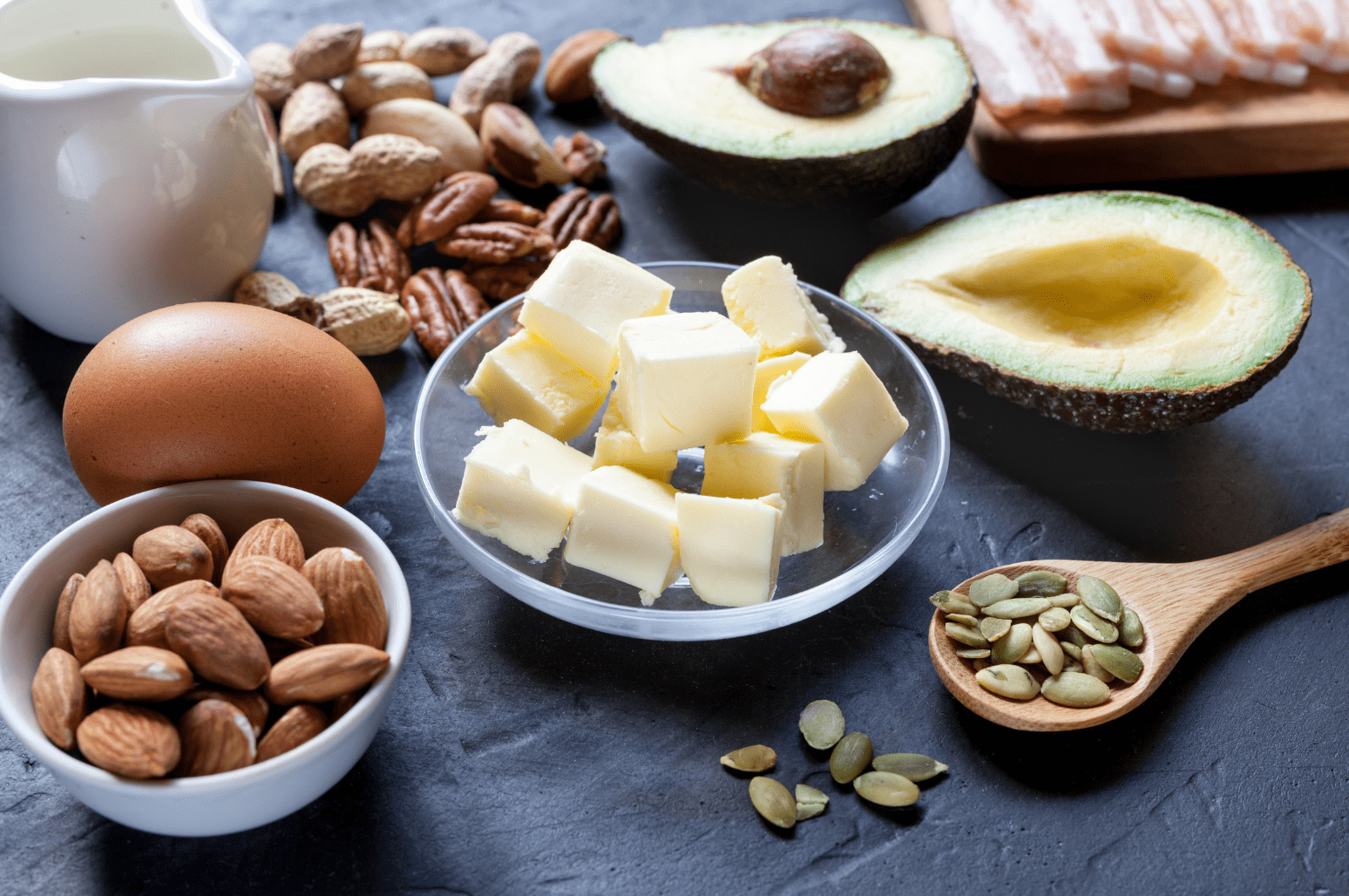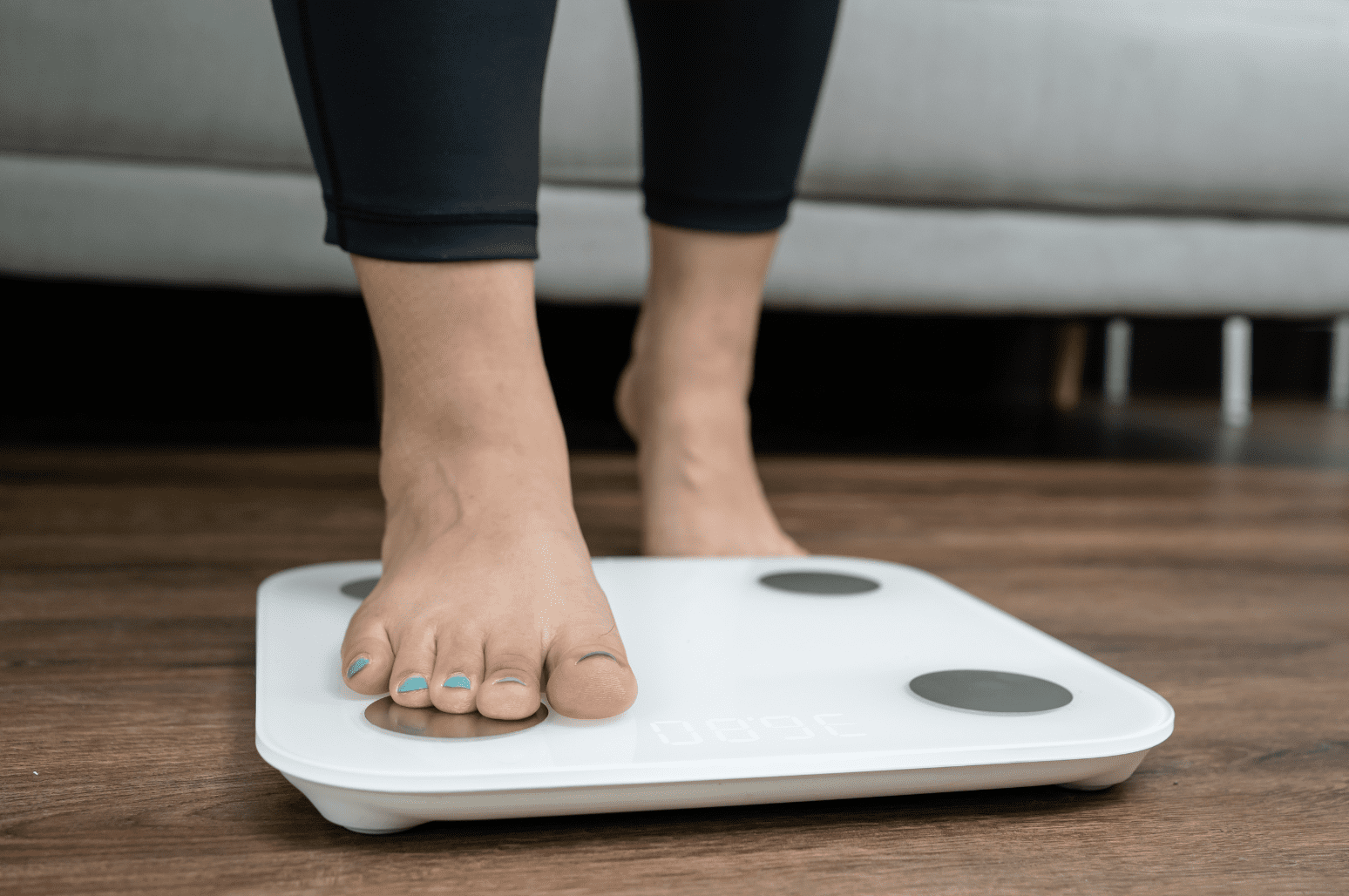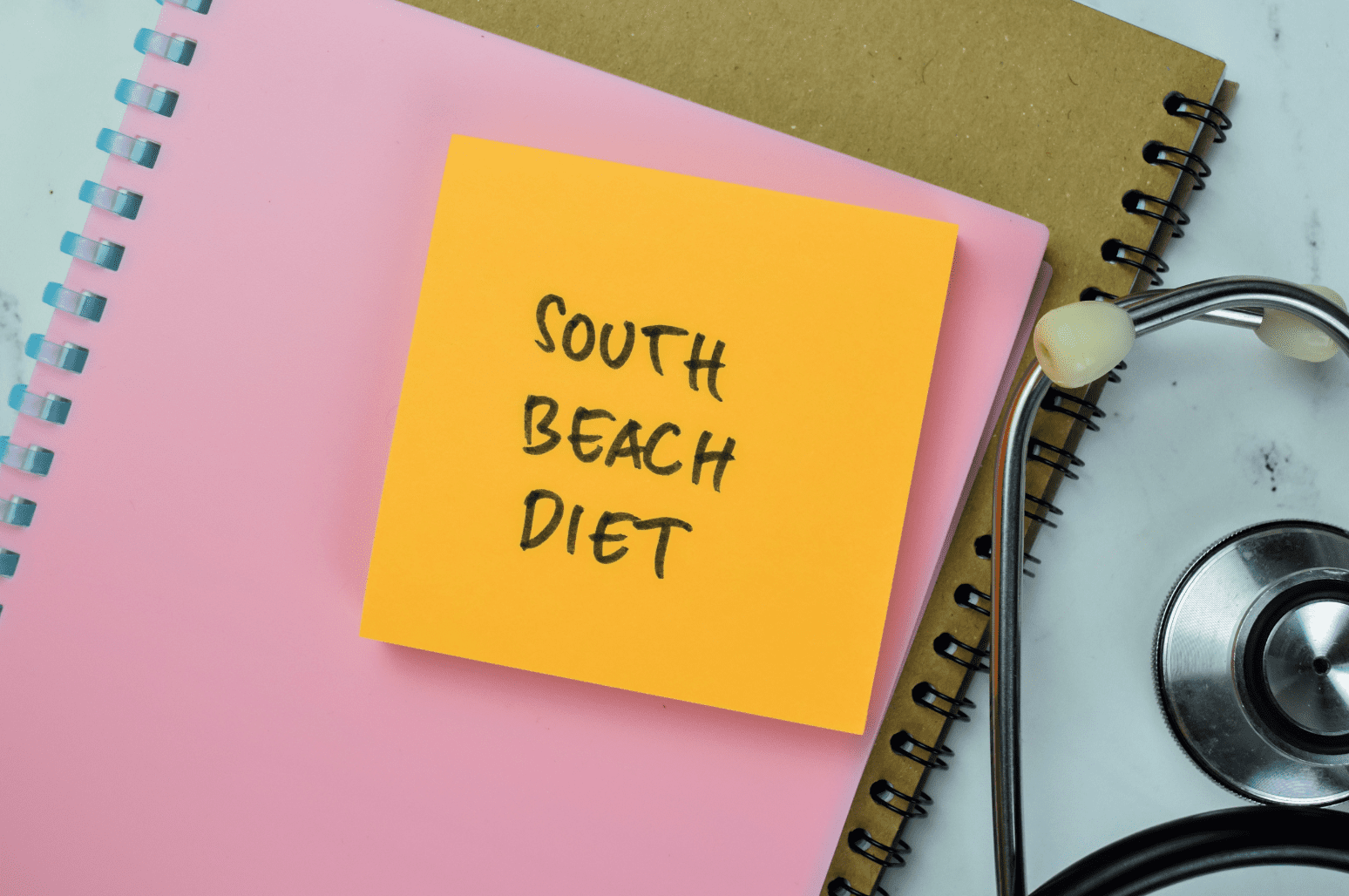
Whether you’re new to keto or a veteran, you know that carbs take a backseat to fat and protein. Keto is a high-fat and low-carb diet with about 10% of calories from carbs, 30% of calories from protein, and 60% of calories from fat.
But what happens if you eat more protein than fat? Let’s discover why you need protein and what happens if you eat too much.
Protein 101
When you think of protein, do you think of protein powders? If you do, you’re certainly not alone. Protein powders are seemingly everywhere in the fitness world. After all, protein is one of the building blocks of lean muscle mass. Protein can also be found in meat, eggs, nuts, and dairy.
But protein is important outside of the gym too. Protein is essential for life and provides many benefits, including:
- Healthy skin
- Improved brain function
- A source of energy
- Decreased risk of developing diseases such as sickle cell anemia or cardiovascular diseases [1]
- Improved post-workout recoveries
- A power boost for getting over a weight loss plateau
Not only is protein good for you, but studies show that consuming adequate levels of protein supports a healthy metabolism, promotes longevity, and even reduces the risk of sports injuries. [2]
How Is Protein Metabolized?
When your body metabolizes fat, one of two things happens. Either the fat is broken down and used for short-term energy, or your body stores the fat to use as energy later. When you’re in ketosis, your body doesn’t rely on glucose for energy, so the fat you’re eating is used as energy.
On the other hand, protein is metabolized differently. Your body breaks protein down into amino acids. The 11 non-essential and 9 essential amino acids are used during many different bodily functions – like cellular repair.
If your body needs energy, it’s possible to use protein as energy. To do this, your body concerts protein into ATP, but this conversion process uses a lot of energy – more energy than using fat for energy.
But What About Gluconeogenesis?
The process of using protein as energy is called gluconeogenesis. Gluconeogenesis is the process of turning non-carb sources (such as protein) into glucose for energy. Some rumors are circulating that eating too much protein can trigger gluconeogenesis and knock you out of ketosis.
Let’s unpack that myth:
- Gluconeogenesis is a necessary function of your body. It prevents your body from completing running out of glucose and dangerously low blood sugar levels.
- Gluconeogenesis is a very steady state. Even eating a lot of protein shouldn’t kick you out of ketosis as long as your other macros are appropriate. [3]
Should You Eat More Protein?
When you’re following the ketogenic diet, eating enough fat is critical for getting into – and staying in – ketosis. However, there are times when you might need to up your protein intake.
Increasing your protein might be necessary if you need help:
- Building more lean muscle mass [4]
- Breaking through a plateau
- Combat anemia
Additionally, the elderly may also need to increase their protein intake. Studies show that increased protein can promote strong muscles (which helps reduces the risk of falls) and improved cognitive function. [5]
What’s the Scoop with Protein and Kidney Damage?
Too much protein can be problematic only for a select group of individuals. If you have chronic kidney disease, your kidneys won’t be able to flush out all of the protein waste, which means it can build up in your blood. Patients undergoing dialysis will have special diets that monitor both water intake as well as protein intake.
Unless you are under the care of a doctor for chronic kidney disease, protein won’t hurt your kidneys. [6] [7]Remember, protein deficiencies can cause many health problems.
Should You Eat More Protein than Fat?
The keto diet shifts your metabolic state into ketosis through carefully balancing your macros. When you’re in ketosis, your body needs fat to use as fuel. However, protein is good for you, keeps you full, and helps you achieve your weight loss goals. If you need to boost your protein intake, it won’t trigger gluconeogenesis or knock you out of ketosis as long as you continue to eat plenty of healthy fats.
References
Morris, Claudia R, et al. “Acquired Amino Acid Deficiencies: A Focus on Arginine and Glutamine.” Nutrition in Clinical Practice : Official Publication of the American Society for Parenteral and Enteral Nutrition, U.S. National Library of Medicine, Apr. 2017.
“Protein Consumption Linked to Longevity.” National Institutes of Health, U.S. Department of Health and Human Services, 31 Mar. 2016.
Nuttall, Frank Q, et al. “Regulation of Hepatic Glucose Production and the Role of Gluconeogenesis in Humans: Is the Rate of Gluconeogenesis Constant?” Diabetes/Metabolism Research and Reviews, U.S. National Library of Medicine, Sept. 2008.
Mettler, Samuel, et al. “Increased Protein Intake Reduces Lean Body Mass Loss during Weight Loss in Athletes.” Medicine and Science in Sports and Exercise, U.S. National Library of Medicine, Feb. 2010.
Hruby, et al. “Protein Intake and Functional Integrity in Aging: The Framingham Heart Study Offspring.” OUP Academic, Oxford University Press, 24 Sept. 2018.
Devries MC, Sithamparapillai A, Brimble KS, Banfield L, Morton RW, Phillips SM. Changes in Kidney Function Do Not Differ between Healthy Adults Consuming Higher- Compared with Lower- or Normal-Protein Diets: A Systematic Review and Meta-Analysis. J Nutr.
Eisenstein J, Roberts SB, Dallal G, Saltzman E. High-protein weight-loss diets: are they safe and do they work? A review of the experimental and epidemiologic data. Nutr Rev. 2002;60(7 Pt 1):189–200.









